BA Jt荣誉西班牙研究和历史
BA Hons Hispanic Studies and History

学历文凭
Bachelor Degree with Honours

专业院系
Department of Spanish, Portuguese and Latin American Studies

开学时间

课程时长

课程学费

国际学生入学条件
A level
ABB
Required subjects
A level
B in History
B in Spanish if you will be studying the language post-A level
No language qualification required for beginners' pathway
GCSE: English grade 4 (C)
IB score: 30 Points overall or 655 in 3 Higher Level Certificates
IB requirements: Higher Level 5 in History. If taking, then Higher Level 5 in Spanish or Standard Level 6 in Spanish
RQF BTEC Nationals
RQF Level 3 BTEC National Extended Diploma grades DDD plus A Level History grade B plus A Level Spanish grade B (if taking)
RQF Level 3 BTEC National Diploma grades DD plus A Level History grade B plus A Level Spanish grade B (if taking)
RQF Level 3 BTEC National Extended Certificate grade D plus A Level grades BB including History and Spanish (if taking)
Access to HE Diploma
Access to HE Diploma 24 Level 3 credits graded Distinction including 9 Level 3 credits of History and 21 Level 3 credits graded Merit plus A Level Spanish grade B (if taking)
IDP—雅思考试联合主办方

雅思考试总分
6.5
- 雅思总分:6.5
- 托福网考总分:90
- 托福笔试总分:160
- 其他语言考试:Pearson Test of English Academic - 71 (with a minimum of 65 in each element)
CRICOS代码: VR14
申请截止日期: 请与IDP联系 以获取详细信息。
课程简介
If you’re passionate about history but also dream of spending time in a Spanish (or Portuguese for those with A Level Spanish) speaking country and becoming fluent in the language – how do you choose which degree to study: We say, choose both.This joint honours course allows you to combine your curiosity for human experience with your love of communicating in another language.With Hispanic Studies modules ranging from ‘Business and Society in Spain’ to ‘Hispanic Cinemas’ and History modules ranging from 'The Past That Won't Go Away: the Spanish Civil War' to 'Modern Latin American History' – you’re able to truly personalise this intercultural degree around your personal interests or career aspirations.
相关申请
 预科
预科 奖学金
奖学金 实习机会
实习机会 在校学习
在校学习 跨境学习
跨境学习 校园授课-线上开始
校园授课-线上开始 在线/远程学习
在线/远程学习
开学时间&学费
学费信息仅供参考,请与IDP联系以获取详细信息
| 开学时间 | 时长 | 学费 | 地点 |
|---|---|---|---|
| 暂无 | 暂无 | 暂无 | 暂无 |
学校排名

世界排名149
数据源:
泰晤士高等教育世界大学排名
关于诺丁汉大学

诺丁汉大学是罗素集团和Universitas 21大学的成员,在教学和研究方面享有全球声誉,在2022年QS世界大学排名中位列世界第103位,英国第18位。诺丁汉大学还在''泰晤士报高等教育2021年世界大学排行榜中被列为英国前20名的大学。它是''泰晤士报和星期日泰晤士报2021年优秀大学指南''中的年度体育大学。诺丁汉大学的历史可以追溯到1881年,自1948年以来一直授予学位。诺丁汉大学拥有改变世界研究的悠长历史,包含从MRI技术的发展到与现代奴隶制和世界饥饿的持续斗争。诺丁汉大学在英国、中国和马来西亚设有校园,拥有来自150多个国家/地区的47500多名学生,其中超过34500的学生在英国校园读书。诺丁汉大学为所有学生提供全球性经验,并通过一系列奖学金、专业指导和英语语言课程为国际学生和欧盟学生提供支持。诺丁汉大学的学生受益于出色的职业支持、实习机会以及与雇主的联系。诺丁汉大学还为学生带来了难忘的经历,包括学生会下的200多个社团。该大学在体育方面享有很高的声誉,并在2018-19年英国大学&学院体育(BUCS)联赛中排名第二。英国校园位于英格兰中部友好的历史名城诺丁汉市。这座城市因罗宾汉(Robin Hood)的传奇故事而闻名于世,诺丁汉市也是联合国教科文组织文学之城。这里有很多值得探索的地方,包括城堡、公园和花园、古怪的咖啡馆和商店、世界餐厅、文化节和喧嚣的夜生活。诺丁汉市的运动场馆包括特伦特大桥板球场、两个足球场和国家冰中心。诺丁汉市到当地景点、伦敦市和其他主要城市的交通十分便利。
本校相关课程
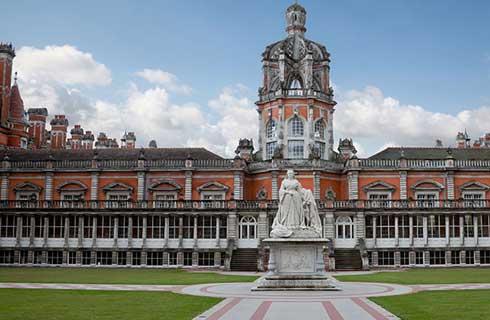
MRes兽医科学
学历文凭
Masters Degree (Research)
开学日期
课程费用总额

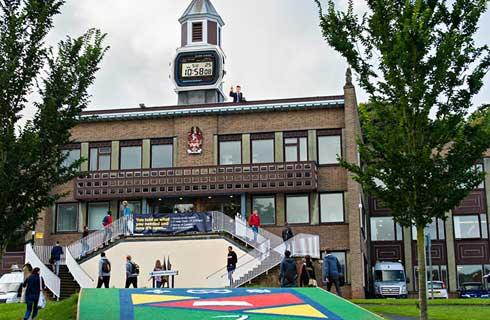
视觉文化硕士
学历文凭
Masters Degree (Taught)
开学日期
课程费用总额


理学硕士与组织心理学
学历文凭
Masters Degree (Taught)
开学日期
课程费用总额

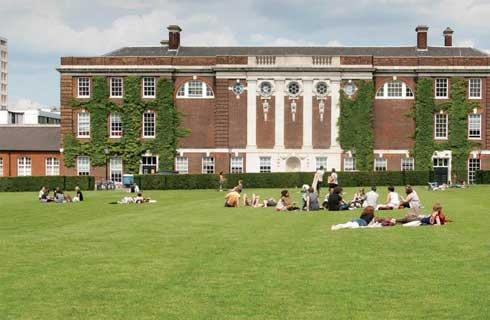
PGDip工作与组织心理学
学历文凭
Graduate Diploma
开学日期
课程费用总额


马维京人和盎格鲁撒克逊人研究
学历文凭
Masters Degree (Taught)
开学日期
课程费用总额

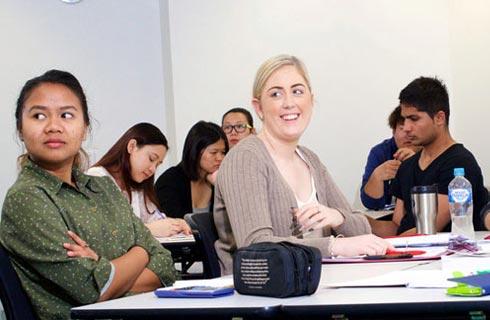
PGCert兽医教育
学历文凭
Graduate Certificate
开学日期
课程费用总额

其他相关课程

中学11年级和12年级
 马特·克里斯蒂学院
马特·克里斯蒂学院学历文凭
Secondary School
开学日期
课程费用总额


应用语言学硕士-应用语言学
 昆士兰大学
昆士兰大学泰晤士高等教育世界大学排名:80
学历文凭
Masters Degree (Coursework)
开学日期
课程费用总额

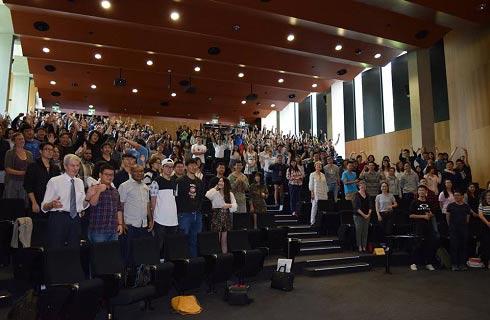
国际研究学士-中文
 昆士兰大学
昆士兰大学泰晤士高等教育世界大学排名:80
学历文凭
Bachelor Degree
开学日期
课程费用总额


脑与精神科学研究生文凭
 悉尼大学
悉尼大学泰晤士高等教育世界大学排名:54
学历文凭
Graduate Diploma
开学日期
课程费用总额

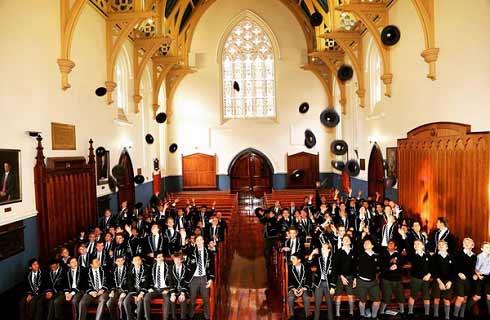
脑与精神科学研究生证书
 悉尼大学
悉尼大学泰晤士高等教育世界大学排名:54
学历文凭
Graduate Certificate
开学日期
课程费用总额


脑与精神科学硕士
 悉尼大学
悉尼大学泰晤士高等教育世界大学排名:54
学历文凭
Masters Degree (Coursework)
开学日期
课程费用总额










 英国
英国